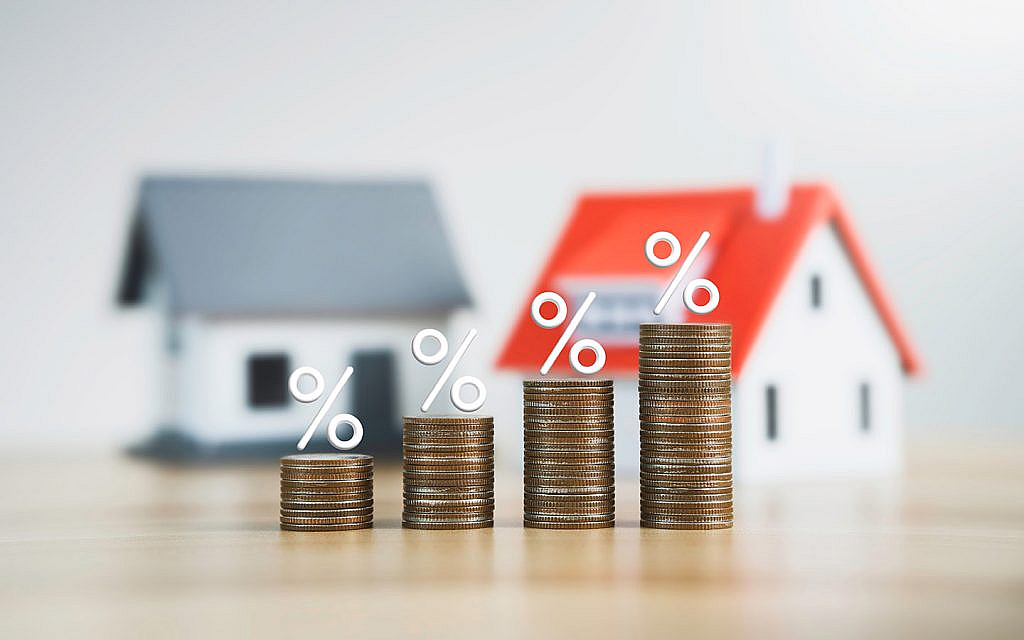Mortgages are one of the most common financial products used globally to purchase property. However, the type of mortgage you choose can have significant impacts on your financial health and ethical alignment. Two prevalent types of mortgages are Islamic and conventional mortgages. Understanding their differences can help potential homeowners make more informed decisions.
Understanding Conventional Mortgages
How Conventional Mortgages Work
Conventional mortgages are the standard home financing products offered by banks and financial institutions. These loans are typically repaid over a set period, usually 15 or 30 years, with interest. The interest rates can be fixed, meaning they remain constant throughout the loan term, or adjustable, meaning they can fluctuate based on market conditions.
Advantages of Conventional Mortgages
One of the primary benefits of conventional mortgages is their ease of access. These loans are widely available and offer flexible terms. Additionally, they often come with lower initial costs compared to other mortgage types, and they offer tax deductions on the interest paid, which can be a substantial saving for many homeowners.
Understanding Islamic Mortgages
How Islamic Mortgages Work
Islamic mortgages operate differently, adhering to the principles of Sharia Law which prohibits Riba (interest). Instead of charging interest, Islamic mortgages use profit-sharing agreements, such as Murabaha, Ijarah, and Musharakah. These frameworks ensure that the transaction is ethical and complies with Islamic financial principles.
Types of Islamic Mortgage Agreements
-
Murabaha: In a Murabaha agreement, the bank purchases the property and sells it to the buyer at a higher price, allowing the buyer to pay in installments.
-
Ijarah: Similar to a lease, where the bank buys the property and leases it to the buyer for a specified period. At the end of the lease term, the buyer has the option to purchase the property.
-
Musharakah: A partnership agreement where both the buyer and the bank contribute to the purchase price of the property, and the buyer gradually buys out the bank’s share over time.
Key Differences Between Islamic and Conventional Mortgages
Interest vs. Profit Sharing
The most fundamental difference is the presence of interest in conventional mortgages compared to profit-sharing in Islamic mortgages. Interest is prohibited in Islam, which makes Islamic mortgages more appealing to those who want to comply with their religious beliefs.
Risk Sharing
Islamic mortgages often involve risk-sharing between the buyer and the financial institution. For example, in a Musharakah agreement, both parties share ownership and risks, unlike in conventional mortgages where the borrower bears most of the risks.
Ethical Considerations
Islamic finance emphasizes ethical practices, ensuring that all transactions are transparent and fair. This is important for individuals who seek not only financial gain but also adherence to moral and ethical standards.
Financial Implications
Cost Differences
While Islamic mortgages may appear costlier due to higher upfront agreements, they can offer more stable financial planning since payments do not fluctuate with interest rate changes. Conventional mortgages might initially seem cheaper but can become unpredictable with adjustable-rate terms.
Long-term Financial Health
Islamic mortgages can contribute to better long-term financial health by ensuring that homeowners are not burdened by the uncertainty of interest rate fluctuations. Conventional mortgages, especially those with adjustable rates, can become problematic if interest rates rise significantly.
Legal and Tax Considerations
Legal Framework
Both types of mortgages are subject to local laws and regulations. However, the contractual terms and enforcement mechanisms may differ, impacting the ease of obtaining and enforcing mortgages.
Tax Benefits
While conventional mortgage holders can benefit from interest deductions, this does not apply to Islamic mortgages. Nevertheless, the ethical and stable nature of Islamic mortgages can be a worthwhile trade-off for some individuals.
Personal and Ethical Alignment
Choosing between an Islamic and a conventional mortgage often boils down to personal and ethical alignment. For Muslim homeowners, adhering to Islamic principles can be a critical factor. Non-Muslim individuals who prioritize ethical investment also find Islamic mortgages appealing.
Furthermore, obtaining an Islamic banking certificate will give you the skills and understanding necessary to navigate the complexities of Islamic financial products effectively. This can be particularly beneficial for professionals seeking to offer comprehensive advice to clients on mortgage choices.
Conclusion
Both Islamic and conventional mortgages offer unique advantages and challenges. Conventional mortgages provide ease and flexibility, while Islamic mortgages offer ethical considerations and stable financial planning. The choice between the two depends on individual financial circumstances, ethical considerations, and personal preferences.
For individuals interested in deeper insights into Islamic finance, understanding the Salam Contract in Islamic Banking and Finance can be pivotal. This contract is another example of an Islamic finance structure that highlights the principles of ethical and risk-sharing financial transactions.
FAQs
What is the main difference between Islamic and conventional mortgages?
The primary difference is that Islamic mortgages adhere to Sharia Law, prohibiting the use of interest (Riba) and instead using profit-sharing frameworks. Conventional mortgages involve the payment of interest on the borrowed amount.
Are Islamic mortgages available to non-Muslims?
Yes, Islamic mortgages are available to anyone interested in ethical financial practices. They can appeal to non-Muslims who prefer the ethical and stable financial planning features of these products.
Do Islamic mortgages cost more than conventional mortgages?
While Islamic mortgages might have higher upfront costs, they offer more predictable payments since they are not affected by interest rate fluctuations. Conventional mortgages may initially appear cheaper but can become expensive if interest rates rise.
Can I benefit from tax deductions with an Islamic mortgage?
Tax deductions on interest payments are usually not applicable to Islamic mortgages since they do not charge interest. However, the stability and ethical nature of Islamic mortgages can outweigh this drawback for some homeowners.
Is it difficult to obtain an Islamic mortgage?
Obtaining an Islamic mortgage may require more extensive documentation and understanding of Sharia-compliant financial products. However, with the right guidance and resources, the process can be manageable.
Read another article ”Visual Arts Education in the 21st Century: Challenges and Opportunities”















